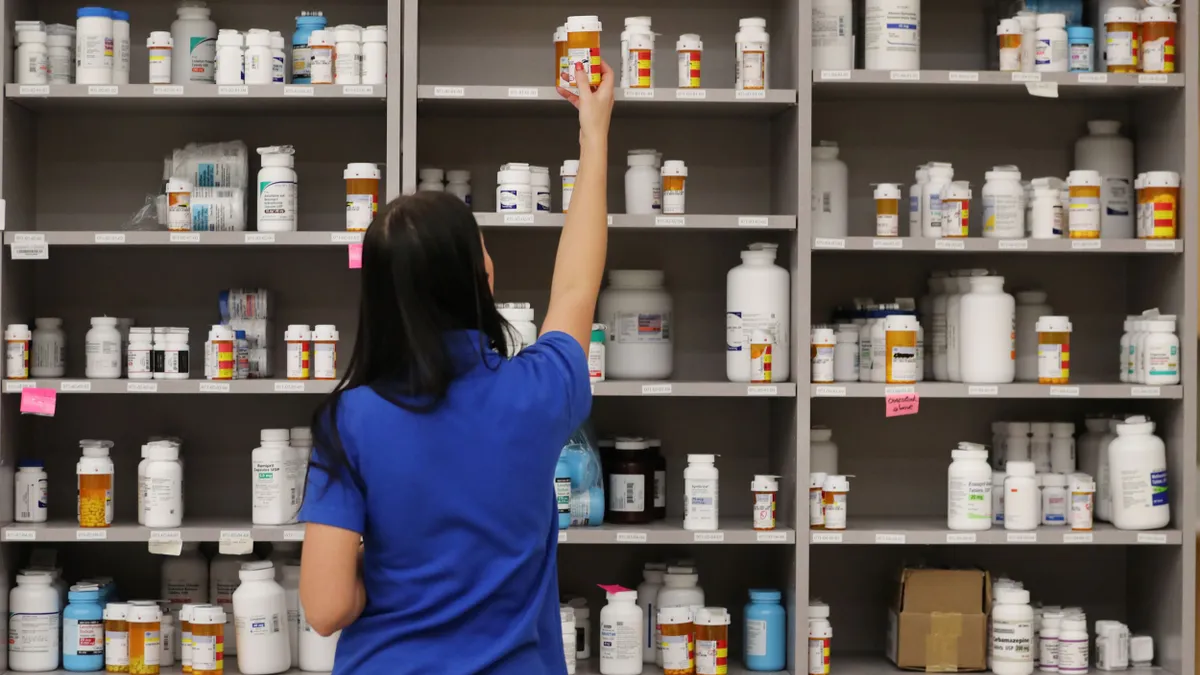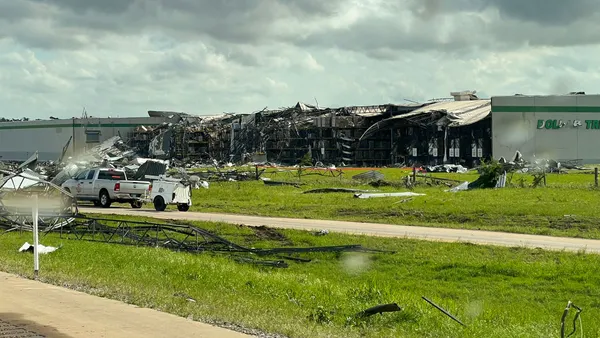The Food and Drug Administration is issuing exemptions from the Drug Supply Chain Security Act’s current final implementation deadline for some drug manufacturers and distributors, according to an Oct. 9 regulatory guidance.
The exemptions apply to any partners who have completed or made documented compliance efforts but still face data exchange challenges. The FDA said it is granting additional time to avoid supply chain disruptions that may impact patients' access to needed medications.
The duration of the deadline extension differs across eligible trading partners. If exemptions are used, the trading partners do not need to notify the FDA. The new deadlines are:
- Manufacturers and repackagers: May 27, 2025
- Wholesale distributors: Aug. 27, 2025
- Dispensers with 26 or more full-time employees: Nov. 27, 2025
Drug makers and distributors have been wary about their ability to comply with the Drug Supply Chain Security Act — a law that requires complete end-to-end supply chain visibility for pharmaceutical products — since its passage in November 2013
The implementation deadline, which has been delayed multiple times, is currently Nov. 27, 2024. If a pharmaceutical manufacturer can’t provide unit-level serialized products to its distributors by that date, the product cannot be legally moved to the next step in the supply chain. This has raised several pharmaceutical supply chains data concerns as the traceability law approaches its looming deadline, despite companies having more than 10 years to comply.
Small dispensers, or pharmacies with 25 or fewer full-time employees, will also be issued an exemption from certain Drug Supply Chain Security Act requirements to help them “stabilize their operations,” according to the notice. Pharmacies must determine on their own whether they meet the definition of a small dispenser.
Unqualified trading partners may still request a waiver, exception or exemption if they are unable to meet the enhanced drug distribution security requirements, per the agency’s guidance. The agency said it will make efforts to respond to all requests by Nov. 27.
Industry groups like the Healthcare Distribution Alliance and the National Association of Chain Drug Stores, as well as members of Congress, have been advocating for additional time to comply with the strict track and trace requirements.
“While many in the supply chain have made significant progress throughout the stabilization period, some are still struggling to establish data connections,” HDA President and CEO Chip Davis said in an Oct. 9 statement.
Because the pharmaceutical supply chain is interdependent, Davis added that a phased-in approach will enable supply chain partners to better align their data exchange processes to achieve full implementation.













